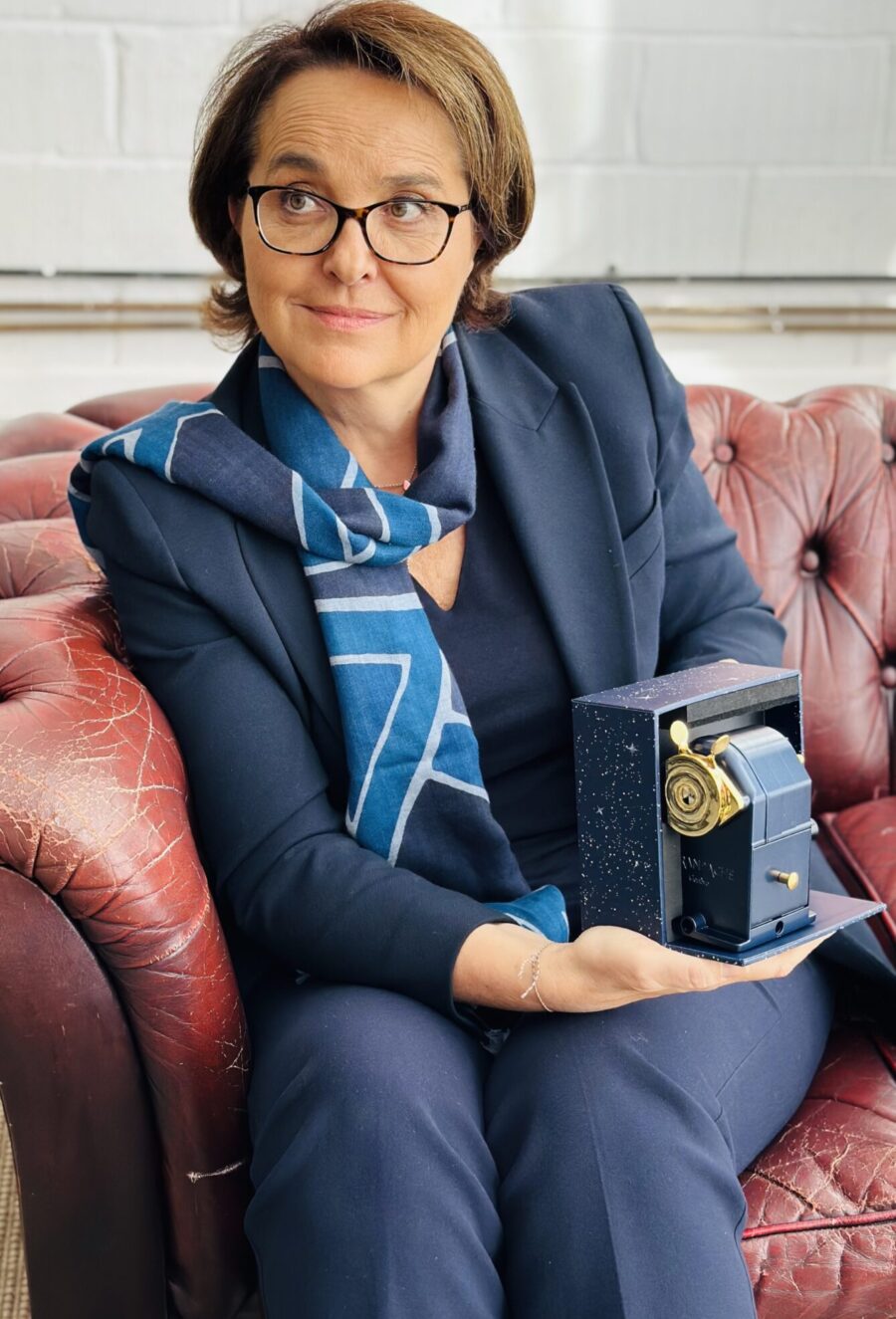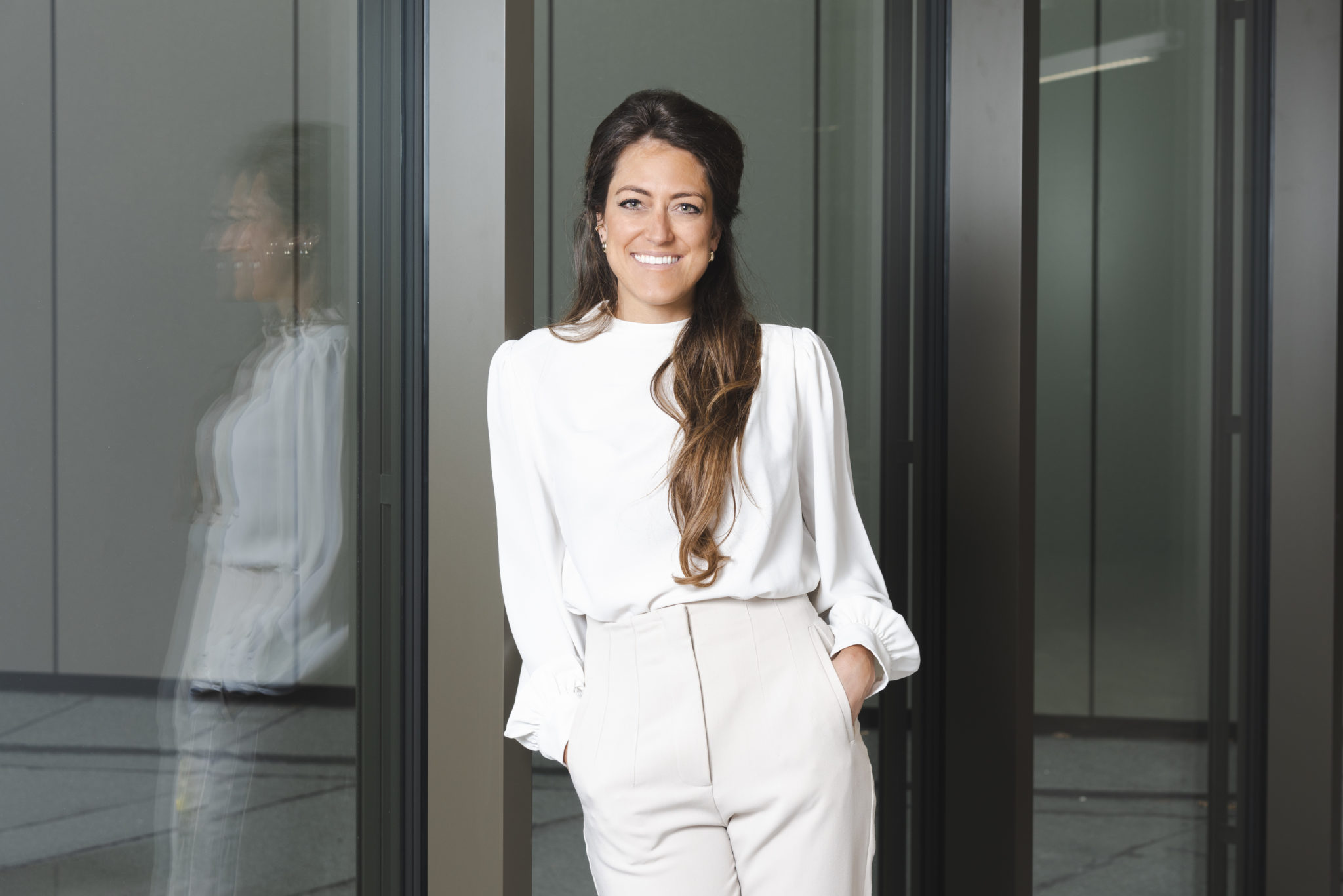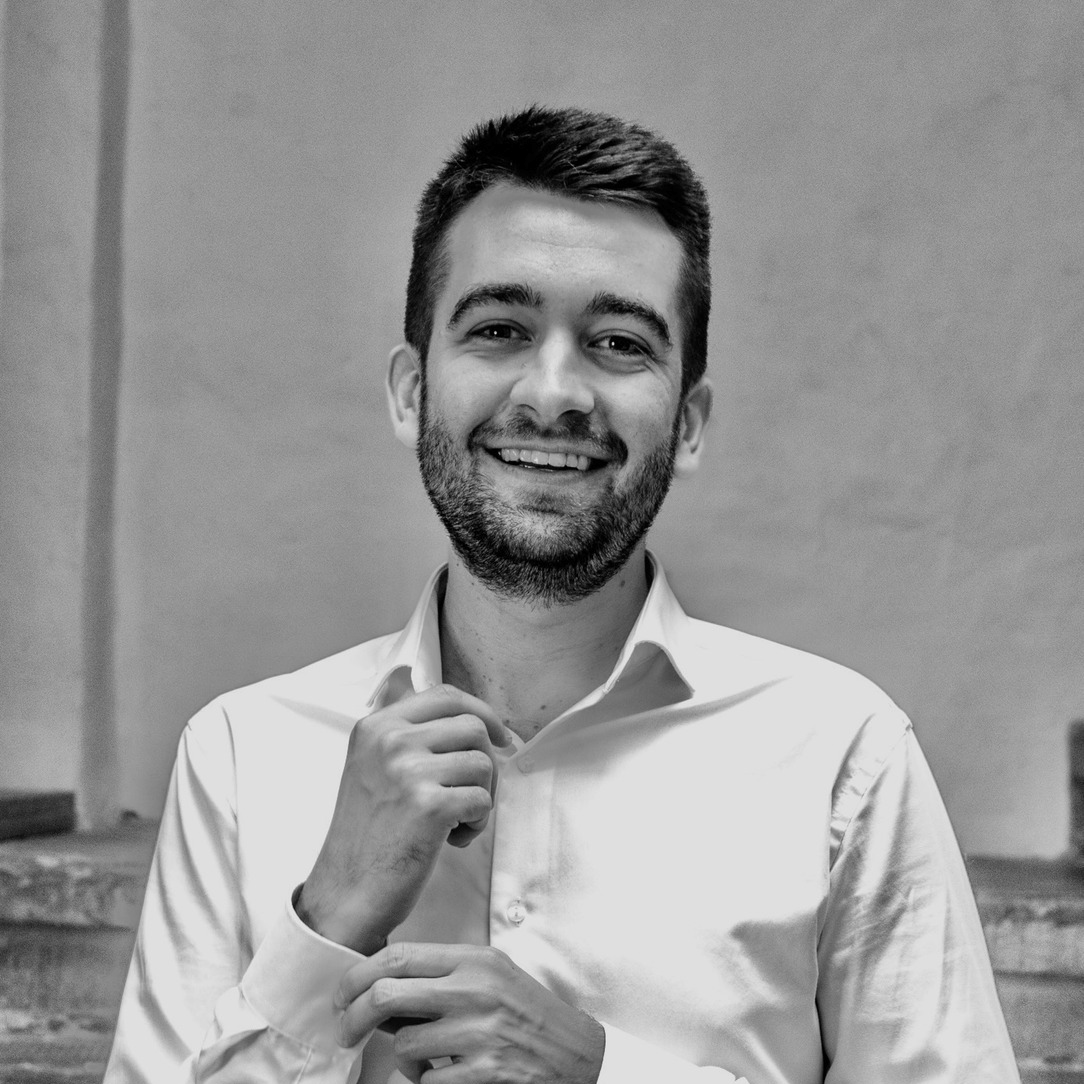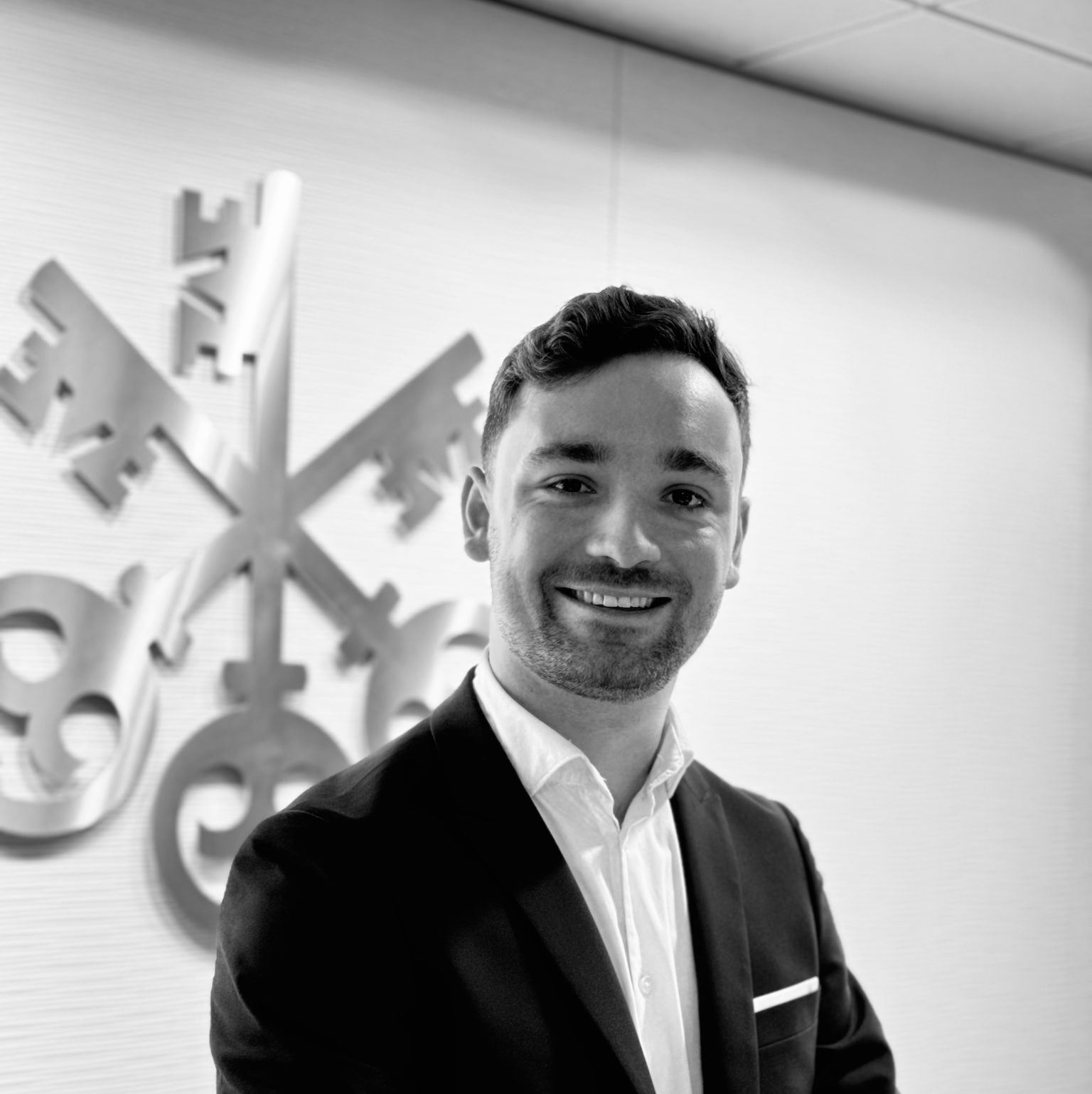Interview
Carole Hubscher-Clements
Hello Carole,
We are delighted to welcome Carole Hübscher-Clements today, CEO of Caran d’Ache, a prominent figure in Swiss business and an alumna of the École Hôtelière de Genève.
For over 12 years, Carole Hübscher-Clements has passionately and determinedly led this prestigious writing instruments company, preserving its rich family heritage while boldly driving innovation and sustainability.
In this interview, she shares her inspiring journey, her challenges as a female leader, and her vision for the future of Caran d’Ache. We will explore her management style, her core values, and how she combines tradition and modernity to guide her company into new horizons.
Carole, thank you for taking the time to share your journey and inspiring reflections with us.
What motivated you to join the École Hôtelière de Genève, and how has that experience shaped your professional journey?
What initially attracted me to the École Hôtelière de Genève was the balanced blend of practical and theoretical training. I found great value in being able to immediately apply theoretical lessons into practice. Graduating from the school, one is already well prepared to face the real challenges in the business world. This combination of theory and practice was very motivating for me at the time.
Another appealing aspect was the diversity of the training. Managing a hotel or restaurant is ultimately similar to managing any type of business. It involves many different aspects: management, service, logistics… This offers a comprehensive overview of the business world, which is invaluable.
Finally, one of the most essential aspects of this training is the focus on the customer. In any business, the customer is central. Without customers, there is no business. Learning to put the customer at the heart of our focus is a skill that has remained useful to me to this day. Whether at the École Hôtelière or in my current career at Caran d’Ache, everything starts with the customer: their needs and expectations. This customer-centric approach is a key element of my professional success.
What key lessons or values from your EHG training continue to influence your role as CEO today?
The values that have most impacted me during my training at the École Hôtelière de Genève are undoubtedly professionalism and excellence. These principles are fundamental, especially in a context where one leads a company in Switzerland. Switzerland is often seen as a model of excellence, and maintaining that high standard in everything we do is crucial.
Innovation and adaptability are also concepts that I retained and find particularly valuable today. In today’s world, it’s crucial to stay agile, make quick decisions, and adapt to changes. Sometimes you may have a well-defined path, but external circumstances force you to redirect your course. The ability to adapt swiftly is therefore vital.
Finally, another fundamental aspect that I continue to apply in my role is the importance of continuous learning. In today’s world, where young people will likely have several careers over their lifetimes, continuous education is essential. The pace of change is rapid, and to remain competitive, one must always be learning, testing new things, and never stop renewing oneself. This approach is essential to successfully navigate the professional world today.

The construction of a new Caran d'Ache factory in Bernex by 2027 is an ambitious project. Can you tell us more about this initiative and its importance for the future of the company?
Indeed, this project is the result of a thought process that began around 12 years ago. We realized that our current building, which is over 50 years old, had several limitations. For example, from a logistical perspective, our trucks have to pass through the city center of Geneva, which is not ideal given the current traffic. Environmentally, we also knew that we could do better.
After studying the possibility of renovating our current factory, it seemed more prudent to start from scratch and build a new site. This was a real challenge, especially finding industrial land in Geneva, but as a family business, it was important for us to own it. This took time, as did the reclassification of the land where we are currently located, which allowed us to finance our move and the construction of our new factory and headquarters.
The process is long, and to this day, we are still awaiting the construction permit. This project has been in the works for over 12 years, and of course, our needs have evolved over time, but we are adapting our plans accordingly. Our ambition with this new building is that it meets the highest standards of corporate social responsibility (CSR). We also want a site tailored to our current needs, enabling greater efficiency and productivity.
We plan significant investments in digitization and automation of our processes so that the next generation benefits from cutting-edge production tools. Our goal is to become the most modern drawing and writing instruments manufacturer in the world.
How do you approach introducing innovation in a company with a strong artisanal tradition? How do you reconcile modernity with heritage?
Modernity is primarily embedded in our manufacturing processes, notably through digitization and the integration of new technologies in our production tools. We make significant yearly investments in research and development, as well as in new technologies and machines to continually improve our production. This is a consistent aspect of our strategy.
As for our products, they remain very traditional and still involve a lot of craftsmanship. There is a certain analogy with cooking, where the balance between tradition and innovation is also found. What allows us to maintain a link between these two aspects is the community of artists and Caran d’Ache enthusiasts who interact with us. This enables us to infuse innovative touches, even into very traditional products. Thanks to this community and our brand’s reputation, we can create attractive packaging and tell compelling stories around our products, continually refreshing our brand.
This interaction with our customers, particularly through social media, plays a key role in our modernity. Recently, we collaborated with an ambassador, a very popular singer who is genuinely a fan of our products. These authentic collaborations, whether with artists, designers, or architects, allow our brand to stay innovative while honoring our artisanal roots. This authenticity and shared passion make these partnerships so relevant and help Caran d’Ache stand out.
What recent innovations at Caran d’Ache are you most proud of, and how do you think they position the company for the coming decades?
Among the many recent innovations, one I am particularly proud of is our initiative with the 849 pen, called “Caran d’Ache Plus Me”. This project, available on our e-commerce site and in select international points of sale, allows consumers to fully customize their pen. They can choose the color of the body, the different attributes, the ink color, and even have their name or a message engraved on the pen and packaging. This initiative perfectly meets current consumer expectations for customization and has been very successful since its launch just over a year ago. We are proud to have been the first in our category to offer this, affirming our role as a pioneer in our industry.
Another innovation I am proud of is our “Creative Class” program. It helps adults, who often say, “I am not an artist,” rediscover their creativity through online drawing classes. This program offers simple and accessible techniques explained step-by-step to encourage everyone to improve their drawing skills. We also offer “Creative Boxes,” which contain all the necessary materials to follow these online classes. This initiative opens new creative possibilities for our customers and helps them reconnect with their artistic side.
These two innovations, one focused on product customization and the other on artistic exploration, demonstrate how we evolve while staying true to our artisanal heritage and adopting modern, innovative approaches. They position Caran d’Ache as a brand that continues to innovate while staying connected to customer expectations, which will help us remain competitive for decades to come.

How would you describe your management style? What are the key values you aim to instill in your teams at Caran d'Ache?
“My management style could be defined as ‘management by walking around’. I am fortunate to lead a company of manageable size, with around 300 employees, which allows me to be close to everyone. I enjoy visiting the workshops, talking to people working on the machines, and chatting with those in the offices. This helps me understand what is happening on the ground and face challenges together. I firmly believe that while alone we might go faster, together we go further. This is a principle I apply daily: collaboration is essential to achieve our common goals.
The values I try to instill in my teams are numerous, but excellence is paramount. We are ambassadors of Switzerland internationally, and as such, we must always produce and distribute products of the highest quality, while providing impeccable service. Transmitting passion is also crucial. At Caran d’Ache, we have several generations working together, and each brings something to the other. It’s important that this passion for craftsmanship and know-how is passed down from one generation to the next.
Responsibility at all levels is another key value. Whether it’s the responsibility of delivering a quality product to the next stage of production or our social and environmental responsibility, it is an integral part of our DNA. We constantly strive to integrate sustainable practices into our manufacturing process. For example, as early as the 1940s, we began reusing wood shavings from pencil production to heat our workshops in winter. These initiatives are common sense, and we continue to develop them today.
Lastly, originality and boldness are values I seek to encourage. It is important to dare to go off the beaten path and try new things, even if they seem a bit crazy at first glance. Stepping out of one’s comfort zone can lead to significant progress, and at Caran d’Ache, we are always ready to innovate and attempt unconventional approaches.”
When recruiting new talent, what qualities or skills do you particularly look for, and why are they important to you?
“Of course, the technical skills required for the job are essential. However, at Caran d’Ache, many jobs are learned directly on site. We have more than 90 different professions in the company, and some can only be practiced here. This is a significant challenge in terms of human resources but also an opportunity for learning for those who join our teams.
Beyond technical skills, we place great importance on soft skills, meaning human qualities. What matters most is sharing our values. It is essential that new talent joining us embraces the team spirit and adaptability that characterize Caran d’Ache. We look for people with strong emotional intelligence who can collaborate and understand that it is never ‘me’ but always ‘us’. This collective spirit is central to our way of functioning, and we pay special attention to it during the recruitment of new talent.”
You are also a founding member of the Foundation for the Attractiveness of the Canton of Geneva (FLAG). Can you explain what this initiative is and what motivates you to promote Geneva’s attractiveness?
“Geneva is a canton with a high quality of life, and we are fortunate to be here. However, we cannot rest on our laurels. Today, we face increasing competition, not only from other cantons but also internationally. It is crucial to remind young people that nothing is guaranteed, and one must constantly question oneself, whether in business or everyday life.
One thing that strikes me is the low voter turnout in Geneva’s elections, even though we are fortunate to live in a democracy where everyone can express themselves. Only 37% of Geneva residents vote, which is low, especially considering that nearly 50% of the population cannot vote because they are foreigners. Yet, voting is very simple: all documents are sent home, and they can be returned without even paying for a stamp or having to go out on Sunday.
Our role at FLAG (Foundation for the Attractiveness of Geneva) is to strengthen and promote Geneva’s attractiveness by highlighting aspects such as quality of life, sustainability, infrastructure, taxation, and professional opportunities. Attracting talent to Geneva is becoming increasingly difficult. For example, for someone from Zurich, moving here might seem complicated due to the cost of living, higher taxes, and the challenge of finding housing.
Our mission is therefore to inform and raise awareness, particularly by funding studies and academic research that we then publish in a modern way, notably through social media. We aim to provide apolitical, fact-based information to encourage people to get involved and vote. By making this information accessible and understandable to as many people as possible, we hope to help keep Geneva an attractive canton. Unfortunately, this is becoming a challenge, as many companies, including those with offices in other cantons, see their teams growing elsewhere while Geneva struggles to attract new talent.”





